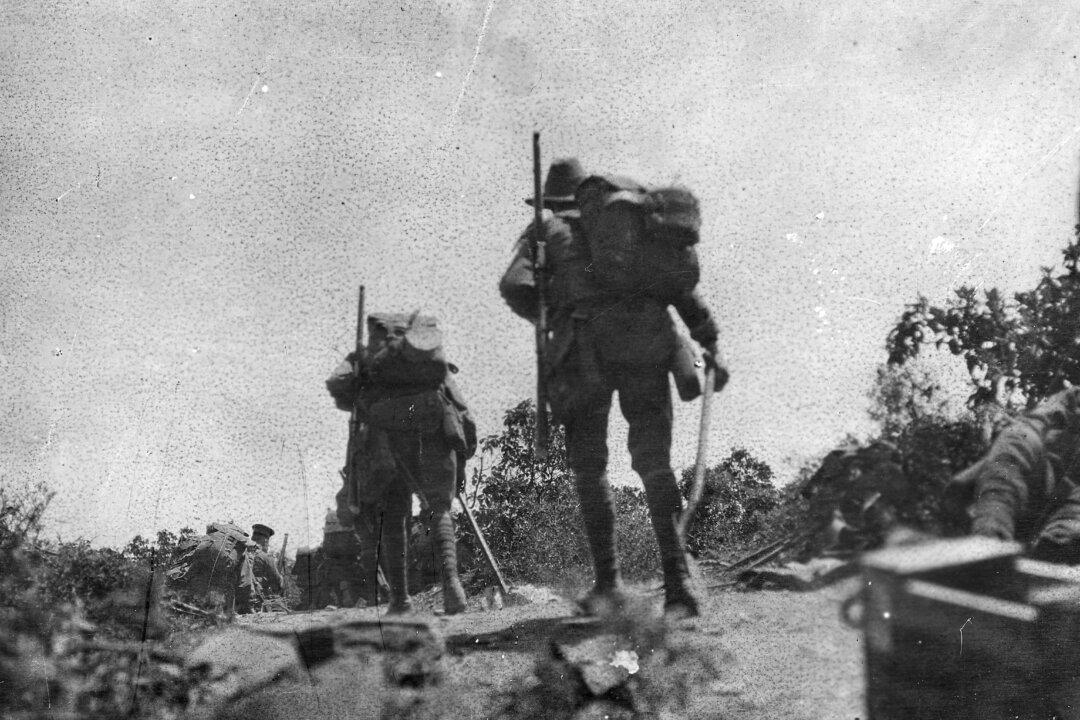Commentary
Another ANZAC Day (April 25) already fades into memory as I contemplate its powerful influence not only on our Australian history but on a much broader stage.

Another ANZAC Day (April 25) already fades into memory as I contemplate its powerful influence not only on our Australian history but on a much broader stage.